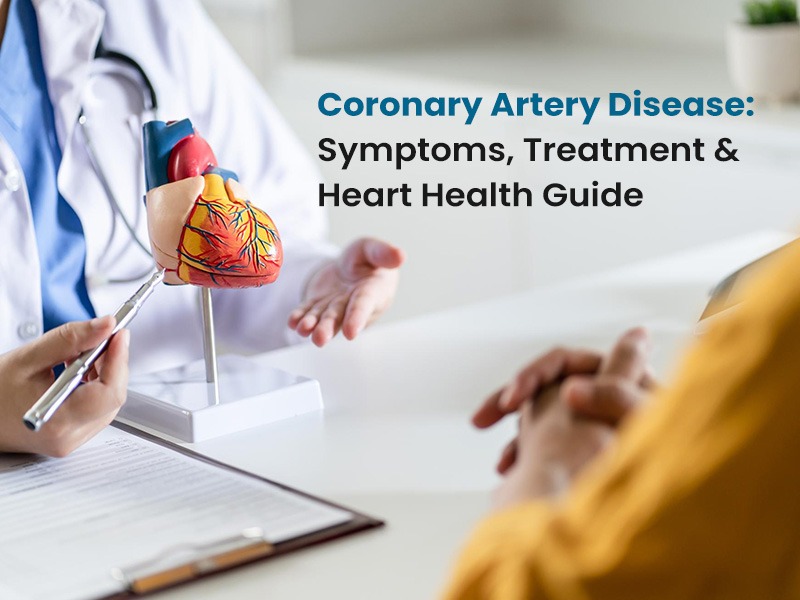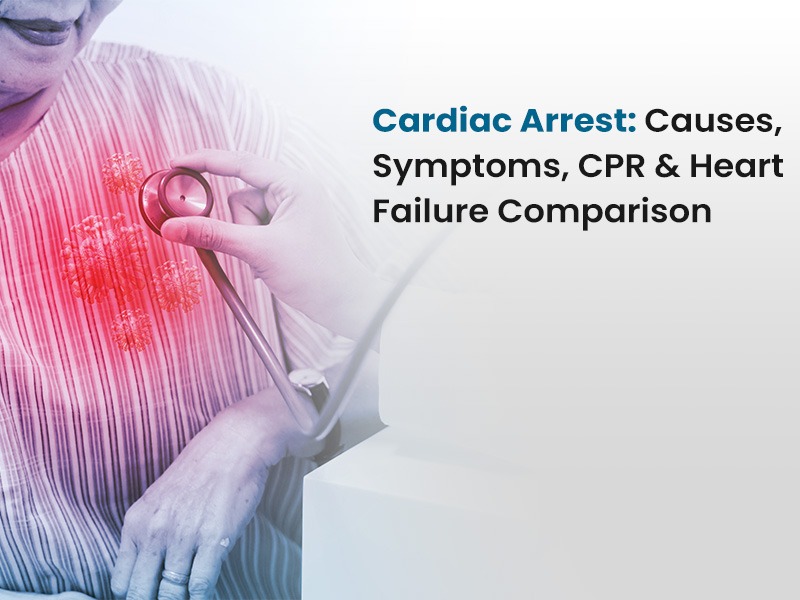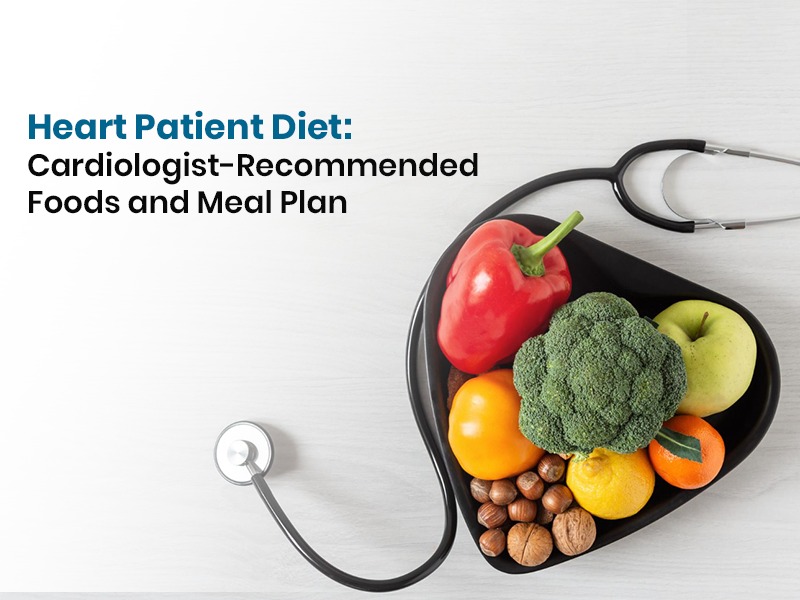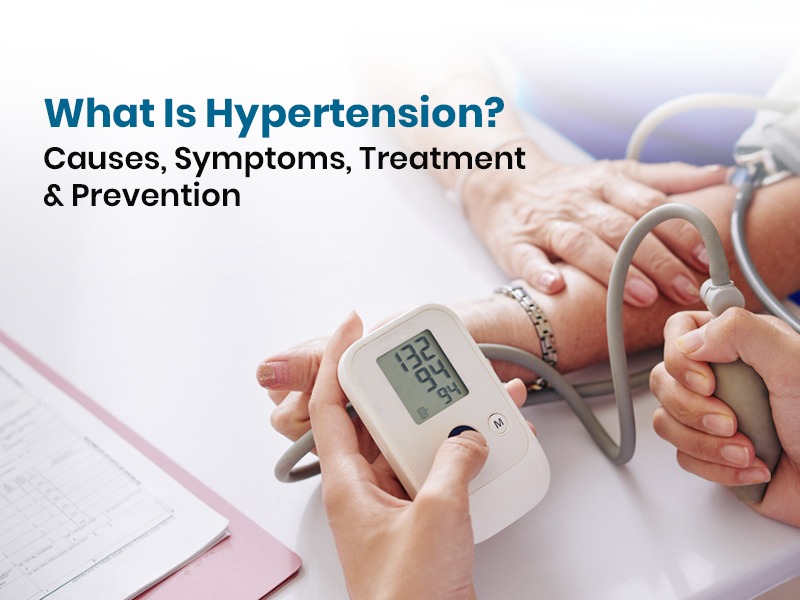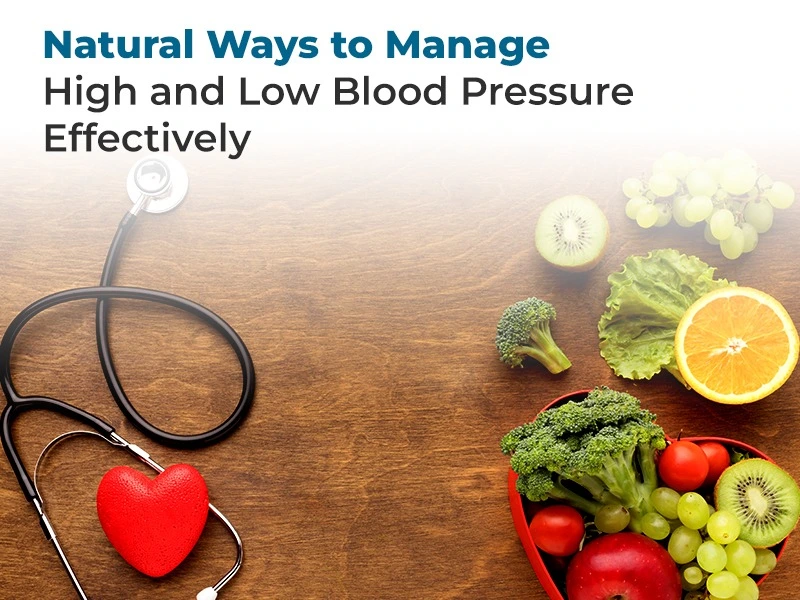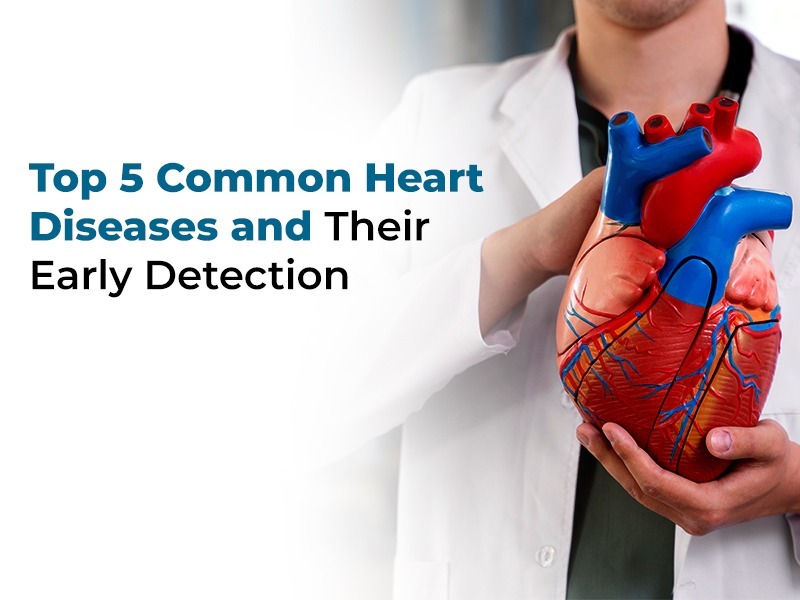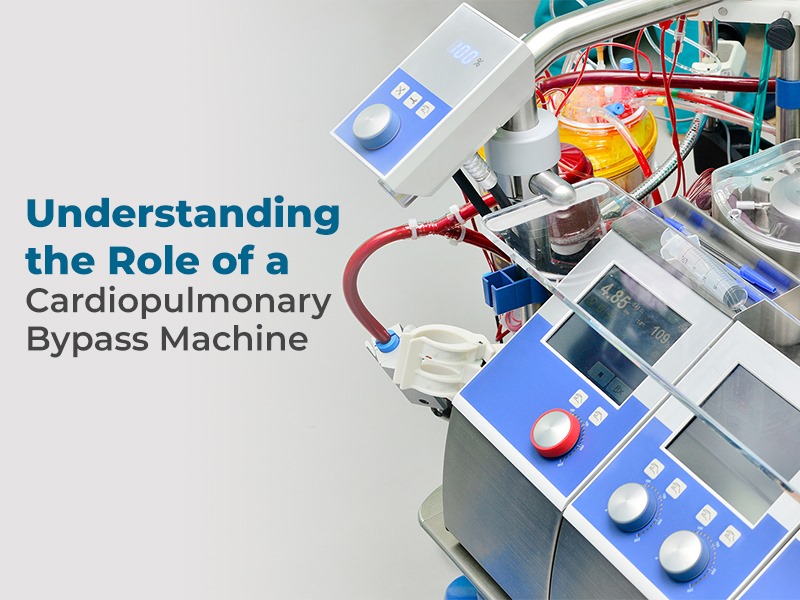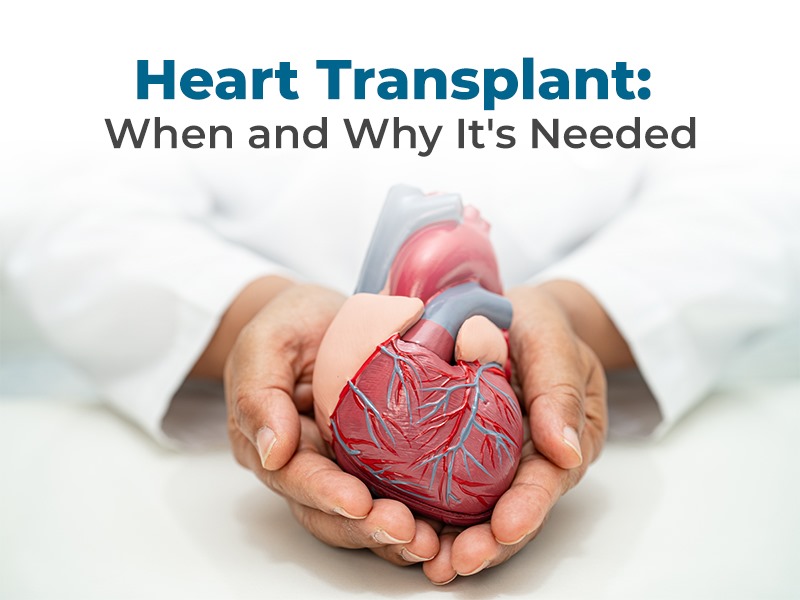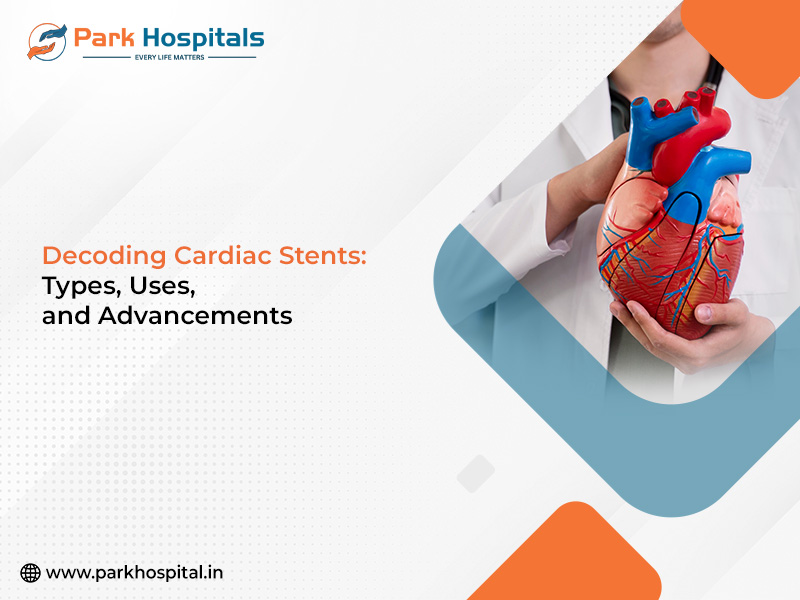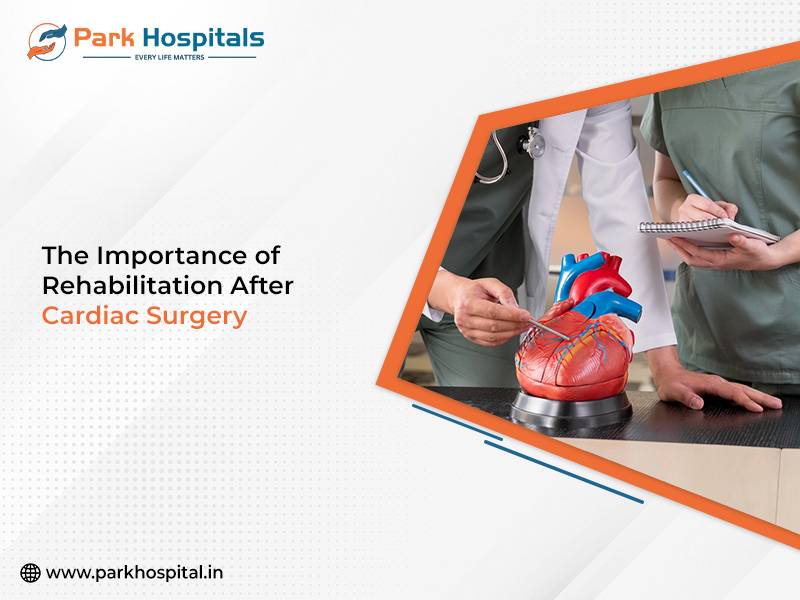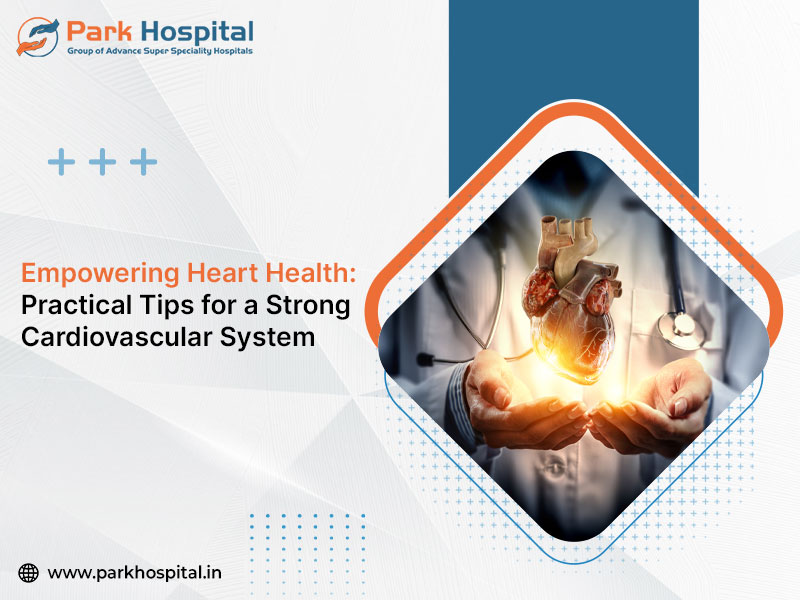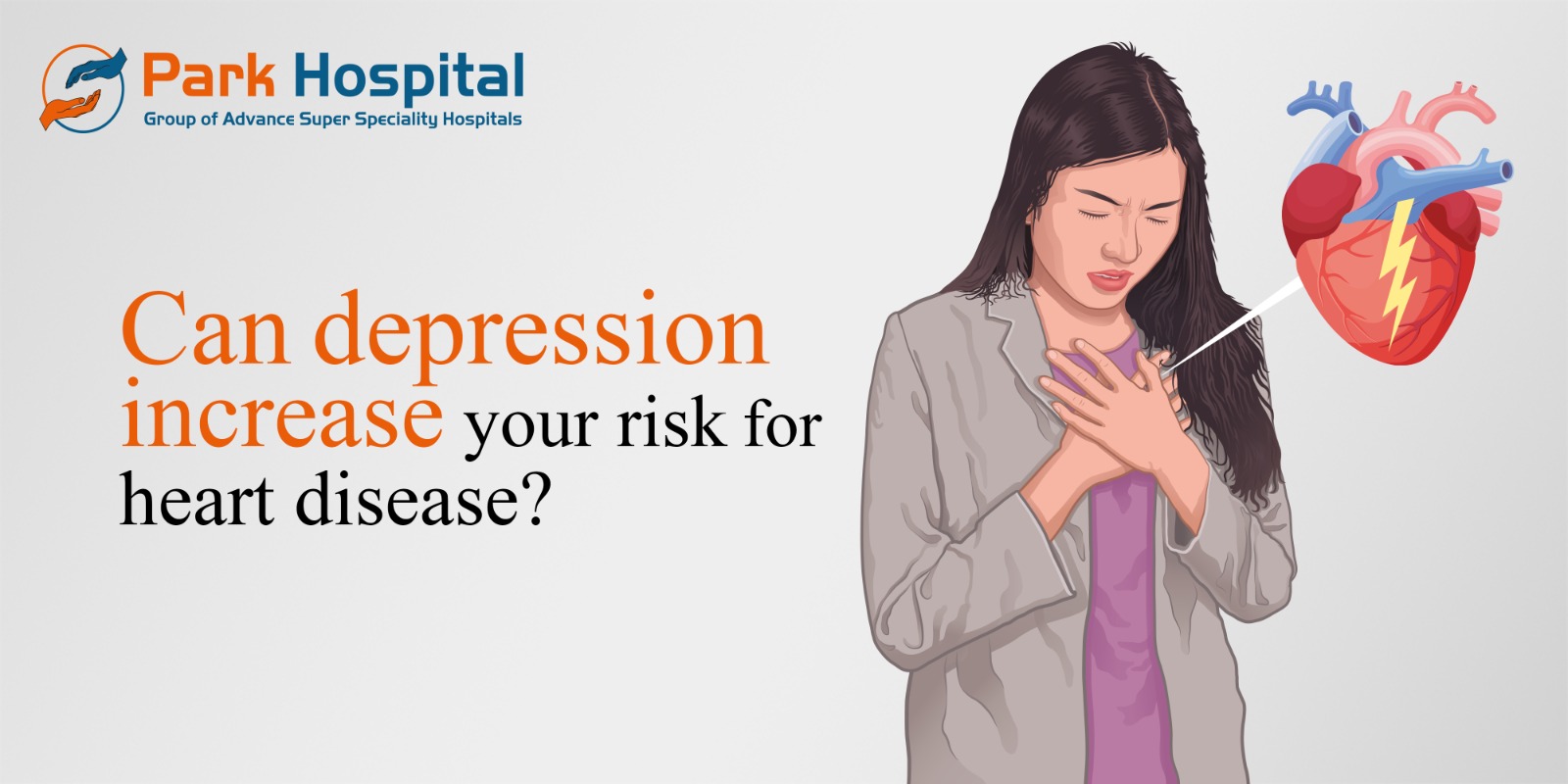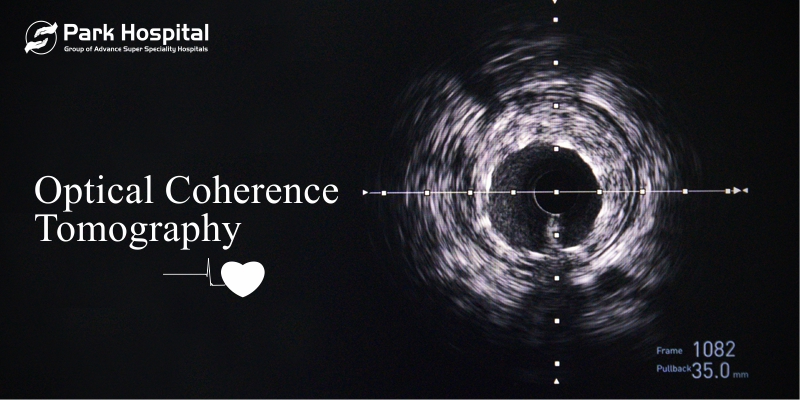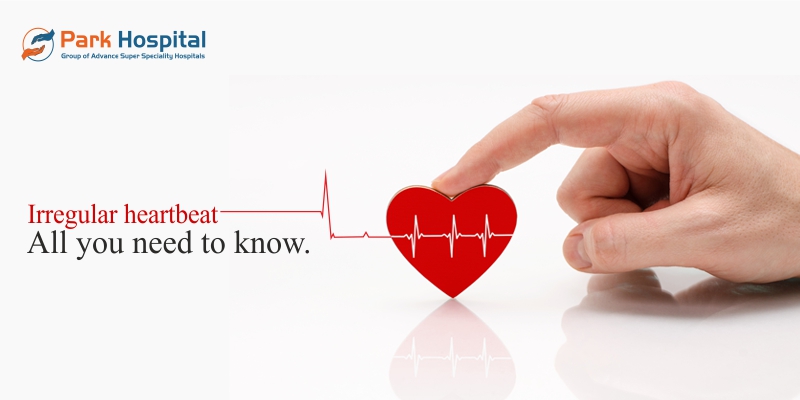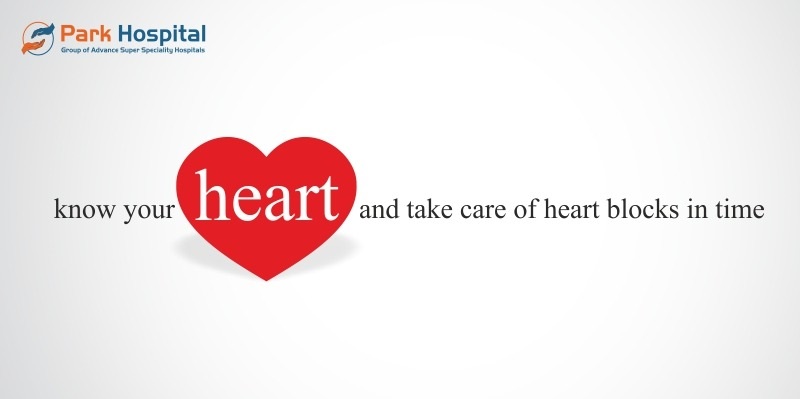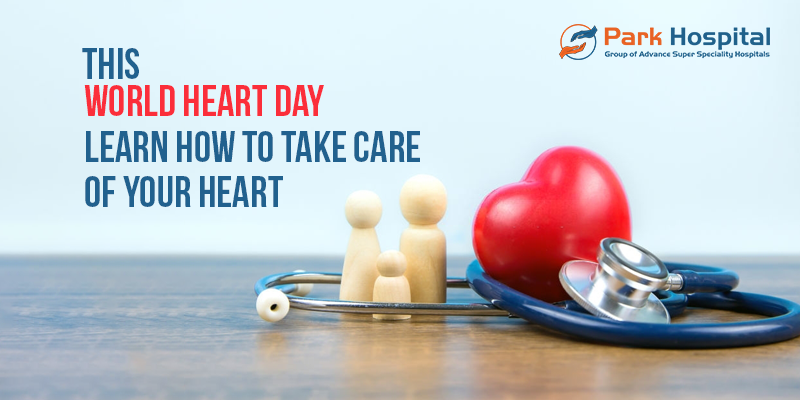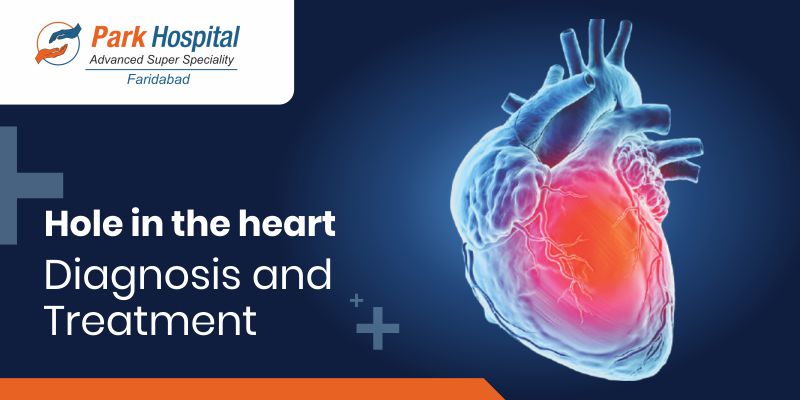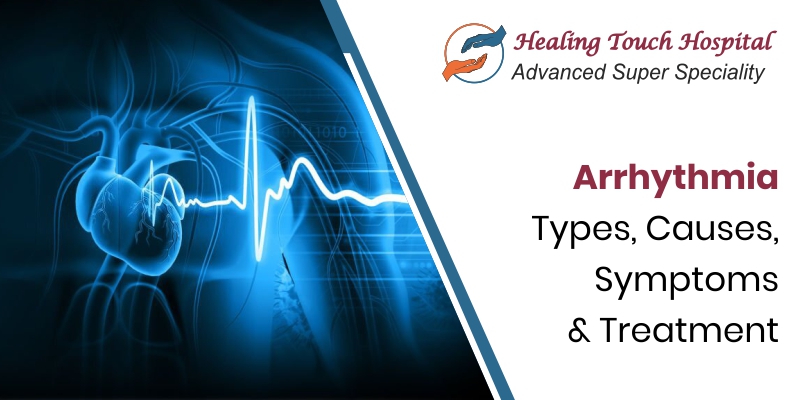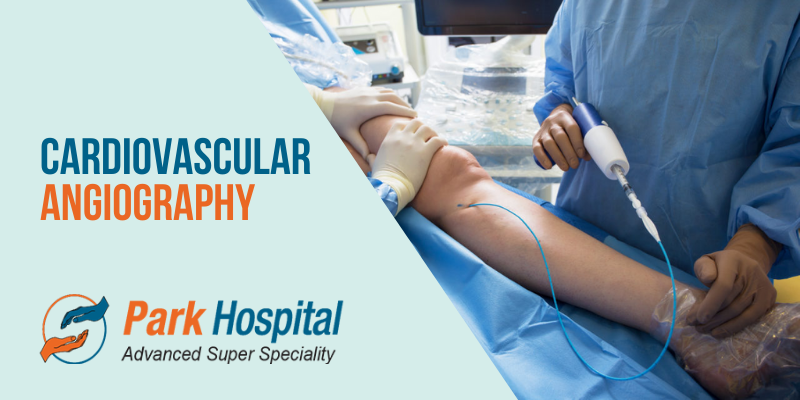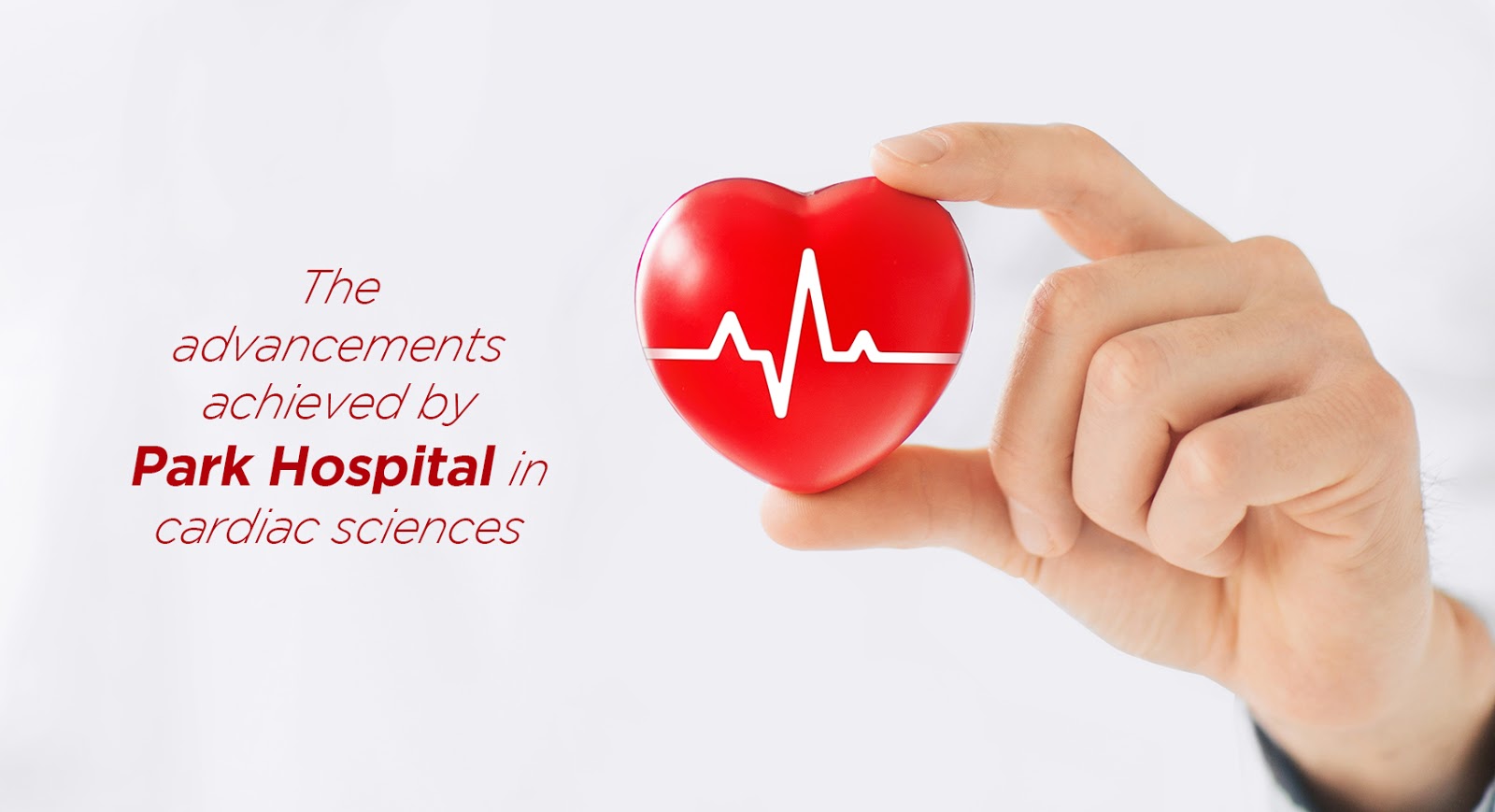Introduction
The heart is a vital organ in the human body that plays a central role in the overall health and well-being of humans. It works tirelessly to pump blood throughout the body and supply oxygen and nutrients to different organs for the proper functioning of the organs and the whole body. With the crucial role of the organ in the overall functioning of the body, any kind of impairment in the heart of its functioning can have profound effects on the health of the individual.
Heart failure is a serious and chronic heart condition that affects millions of people all over the world. Heart failure, also known as congestive heart failure, is a condition when the heart cannot pump blood efficiently, which means the bodily requirements of oxygen and nutrients are not met, resulting in significant health complications in the patients. Park Hospital, as the leading Heart hospital, offers the dedication of expert surgeons and specialists to provide the best possible care and treatments.
Symptoms of Heart Failure
Heart failure is a serious medical condition that is caused by various underlying conditions that can damage or overwork the heart, such as coronary artery disease, hypertension, heart attacks, cardiomyopathy, heart valve disease, arrhythmias, congenital heart defects, diabetes, and others. The disease can be severe and lead to life-threatening outcomes, and thus, people should not overlook the potential symptoms. The symptoms can vary depending on the type of failure and the severity of the condition. Common symptoms, according to the expert Heart surgeon at Park Hospital, are as follows:
1. Shortness of Breath: The individuals might experience difficulty in breathing, especially if they engage in any kind of physical activity or even while lying down.
2. Fatigue and Weakness: You might experience persistent tiredness or lack of energy, even with minimal exertion.
3. Swelling (Edema): Individuals can also experience swelling in their legs, feet, ankles, and sometimes the abdomen due to fluid retention.
4. Rapid or Irregular Heartbeat: Your heart might beat irregularly, and you might experience palpitations or feelings of a racing or irregular heart rate.
5. Persistent Cough or Wheezing: According to the specialist Heart surgeon at Park Hospital, heart failure can result in fluid accumulation in the lungs and, therefore, symptoms like a persistent cough. This is often accompanied by white or pink blood-tinged phlegm.
6. Increased Need to Urinate at Night: The individuals might feel the urge to urinate frequently, especially at night.
7. Difficulty Concentrating or Decreased Alertness: It can also result in significant levels of impaired thinking or mental confusion.
8. Nausea and lack of appetite: Heart failure leads to fluid buildup in the abdomen, which gradually results in digestive issues or other discomforts.
9. Ascites: The fluid buildup due to heart failure can result in considerable swelling in the abdomen.
10. Rapid Weight Gain: The individuals might experience sudden weight gain due to fluid retention.
Treatment Options For Heart Failure
Heart failure is a chronic condition that requires a multifaceted approach for proper symptom management, relieving symptoms, improving the quality of life of the patients, and preventing the progression of the disease. There is an ultimate cure for the disease, but there is a wide variety of treatment options provided by the renowned Heart Hospital Park Hospital for the management of the disease. The various treatment options available for the condition are as follows:
1. Lifestyle Changes: People need to maintain a healthy lifestyle and make specific adjustments for the management of their medical condition and to improve overall heart health. This includes the following:
1. Dietary Modifications: You need to maintain a healthy diet rich in fruits, vegetables, whole grains, lean proteins, and healthy fats to improve the functioning of the heart. Additionally you should reduce salt intake as it can help to prevent fluid retention and reduce the overall workload on the heart.
2. Regular Exercise and Weight Management: The specialists might also prescribe an exercise plan, as engaging in regular physical activity can improve heart health and blood circulation. This can also help in effective weight management thus reducing strain on the heart.
3. Smoking Cessation and Alcohol Limitation: People are advised to quit smoking and limit alcohol intake as these products have adverse impacts on cardiovascular health and cause damage.
2. Medications: Medications play a pivotal role in the management of heart failure due to their impact on improving the symptoms of the condition, enhancing heart function, and preventing complications. The experts at the Heart Hospital prescribe a variety of medications such as angiotensin-converting enzyme (ACE) Inhibitors, angiotensin II receptor blockers, beta-blockers, diuretics, aldosterone antagonists, digitalis, vasodilators, inotropes, and others which can help to alleviate the symptoms and assist in disease management.
3. Medical Devices and Surgical Procedures: In certain cases, there can be a need for the intervention of medical devices or surgical procedures for the proper management of the condition and to enhance the quality of life of the people. Some of these procedures include:
1. Implantable Cardioverter-Defibrillators (ICDs) help to prevent sudden cardiac arrest.
2. Cardiac Resynchronization Therapy (CRT) which can be effective in enhancing the efficiency of the heart and the timing of contractions.
3. Heart Valve Repair or Replacement which is used to fix or replace damaged heart valves.
4. Coronary Bypass Surgery contributes to improved blood flow.
5. Heart Transplant: It is done in severe cases when other kinds of treatments do not prove to be effective in improving the quality of life of patients.
4. Ongoing Monitoring and Care: Along with the treatments, the management of heart failure requires continuous monitoring, regular follow-up, and the attention of a specialist Heart surgeon.
1. Regular Check-Ups: Patients should schedule regular appointments with their healthcare provider to allow the specialist to properly monitor the heart function, adjust medications, and manage symptoms.
2. Self-Monitoring: Individuals need to be dedicated to their health and keep track of their weight, blood pressure, and symptoms at home to detect changes at an early stage.
3. Patient Education: People should learn basic insights about heart failure, understand the treatment plan, and thereby understand when to seek medical attention for symptom management.
Park Hospital: Proper Management Of Heart Failure
Heart Failure is a complex medical condition that requires a comprehensive and personalized treatment approach on the part of the patient as well as the hospital. The patients need to ensure regular monitoring of the condition and take measures for proactive management to lead a fulfilled life with heart failure. Park Hospital, as the specialist Heart Hospital in India, provides a dedicated team of expert cardiologists and surgeons along with the availability of advanced equipment to ensure proper treatments and exceptional care.



